Course Description
Diagnostic breast pathology has become increasingly complex with the recognition of novel molecular subtypes of breast cancer dictating differing therapeutic strategies; the prospect of de-escalation of therapy in patients with ductal carcinoma in situ; the expansion of morphologic patterns of lobular carcinoma in situ; the ongoing challenge of accurate categorization of papillary and fibroepithelial lesions; the move toward fewer surgical excisions following diagnoses of benign and atypical lesions on core needle biopsy and the panoply of immunohistochemical stains and ancillary molecular tests available to corroborate diagnoses and guide neoadjuvant and adjuvant therapy. The purpose of this course is to provide practicing pathologists with an updated framework for diagnosing breast lesions, both commonly and less commonly encountered in daily practice. Some of the top experts in the field will present their approach to these challenges, as well as provide information on the latest guideline recommendations and management strategies.
Target Audience
Practicing academic and community pathologists, and pathologists-in-training
Learning Objectives
Upon completion of this educational activity, learners will be able to:
- Update current knowledge on recent advances in diagnostic breast pathology
- Recognize the ramifications of pathologic diagnoses in light of evolving management strategies
- Understand the molecular underpinnings of breast tumors and their associated therapeutic impact
Continuing Medical Education and Continuing Certification
The United States and Canadian Academy of Pathology is accredited by the Accreditation Council for Continuing Medical Education (ACCME) to provide continuing medical education for physicians.
The United States and Canadian Academy of Pathology designates this enduring material for a maximum of 4 AMA PRA Category 1 CreditsTM. Physicians should claim only the credit commensurate with the extent of their participation in the activity.
USCAP is approved by the American Board of Pathology (ABPath) to offer Self-Assessment credits (SAMs) and Lifelong Learning (Part II) credit for the purpose of meeting the ABPath requirements for Continuing Certification (CC). Registrants must take and pass the post-test in order to claim SAMs credit. Physicians can earn a maximum of 4 SAM/Part II credit hours.
Disclosures
The faculty, committee members, and staff who are in position to control the content of this activity are required to disclose to USCAP and to learners any relevant financial relationship(s) of the individual or spouse/partner that have occurred within the last 12 months with any commercial interest(s) whose products or services are related to the CME content. USCAP has reviewed all disclosures and resolved or managed all identified conflicts of interest, as applicable.
The following faculty reported relevant financial relationships: Ashley Cimino-Matthews, MD: Grant or Research Support, Bristol-Myers Squibb, Consultant, Bristol-Myers Squibb
The following faculty reported no relevant financial relationships: Kimberly H. Allison, MD, Sunil L. Lakhani, MD, Jorge S. Reis-Filho, MD, PhD, FRCPath, Stuart J. Schnitt, MD, Puay Hoon Tan, MBBS, FRCPA, FAMS, MD, FRCPath, MIAC
The following planners reported financial relationships:
Ashley Cimino-Mathews: Grant or Research Support: Bristol-Myers Squibb
Yuri Fedoriw: Consultant: Alexion Pharmaceuticals
Joel Greenson: Consultant, Genentech/Roche
Jason Hornick: Consultant: Eli Lilly, Epizyme
Anna Marie Mulligan: Speaker: AstraZeneca; Consultant: Roche
Lynette Sholl: Advisory Board Member: LOXO Oncology; Speaker: AstraZeneca; Grant or Research Support: Roche/Genentech
The following planners reported no relevant financial relationships: Zubair Baloch, Steven Billings, Daniel Brat, James Cook, Sarah Dry, William Faquin, Karen Fritchie, L. Priya Kunju, Laura Lamps, Rish Pai, David Papke, Jr., Vinita Parkash, Carlos Parra-Herran, Anil Parwani, Rajiv Patel, Deepa Patil, Raja Seethala, Ilan Weinreb, Rhonda Yantiss, Nicholas Zoumberos.
USCAP staff associated with the development of content for this activity reported no relevant financial relationships.
Topics/Speaker:
Contemporary Criteria for Diagnosis of LCIS and the Molecular Correlates
Diagnosis of DCIS in an Era of De-escalation of Therapy
Fibroepithelial Lesions Revisited; Implications for Diagnosis and Management
Novel Uses of IHC in Breast Pathology, Interpretation and Pitfalls
Precision Pathology as Applied to Breast Core Needle Biopsy Evaluation Implications for Management
Problematic Breast Tumors Reassessed in Light of Novel Molecular Data
Prognostic and Predictive Parameters in Breast Cancer
The Never-Ending Saga of Papillary Lesions of the Breast
Original release date: April 21, 2020
Access to this course expires on: March 4, 2023 at 11:59 PM Pacific Time

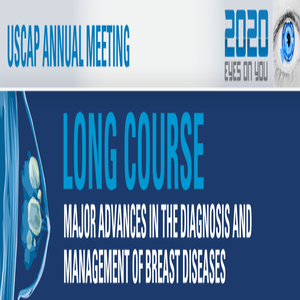
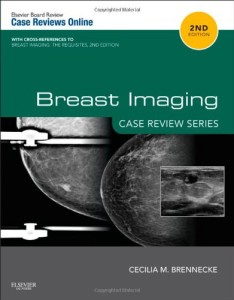

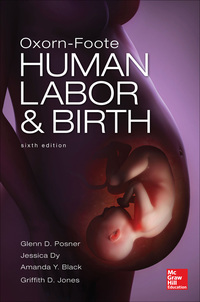
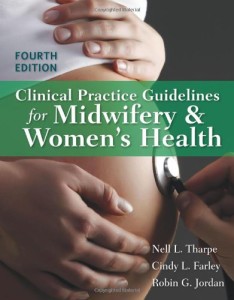
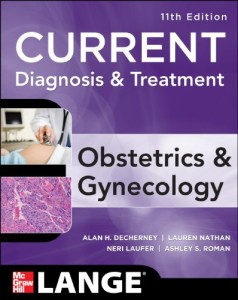
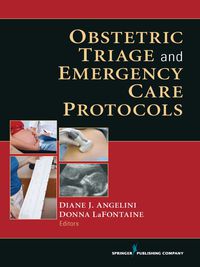
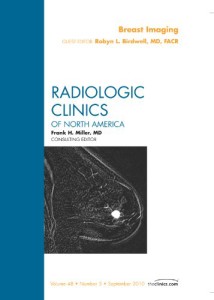
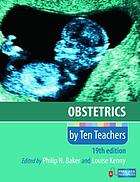
Reviews
There are no reviews yet.